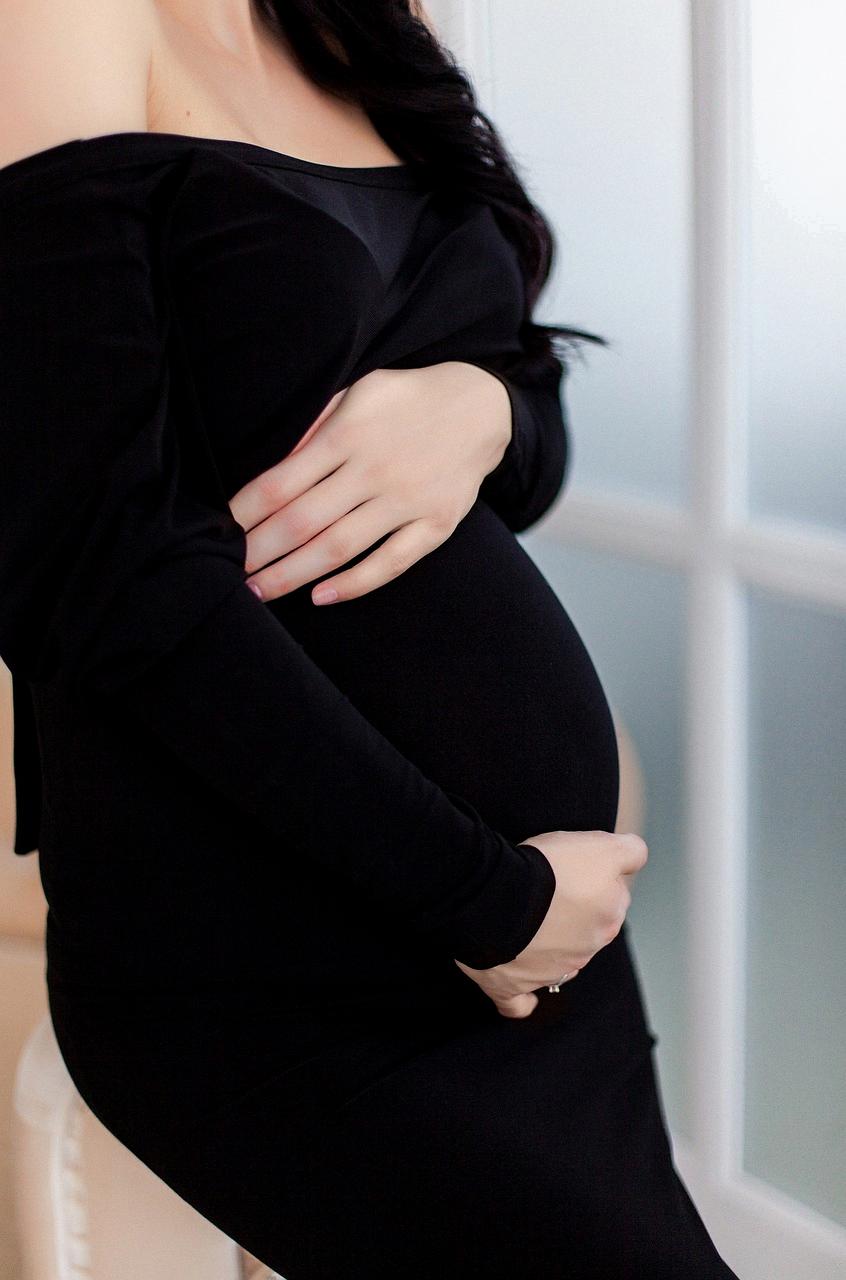When it comes to the exact number of days involved in pregnancy, there are specific factors to consider. One key point to remember is that the average length of human gestation is approximately 280 days. This duration is equivalent to 40 weeks, starting from the first day of the woman’s last menstrual period.
It’s essential to note that the medical term used to refer to the due date in pregnancy is the estimated date of confinement (EDC). This date is calculated based on the aforementioned 280-day timeframe and serves as a reference point for expecting parents and healthcare providers.
Despite the common use of the EDC in pregnancy tracking, statistics reveal that only a small percentage of women, around 4%, give birth on their exact EDC. This variance highlights the natural diversity and individuality of the gestational period, which can be influenced by various factors unique to each pregnancy.
Throughout the journey of pregnancy, each trimester plays a crucial role in the development and growth of the fetus. The first trimester spans approximately 12 weeks and is marked by significant changes in the mother’s body and the rapid development of the embryo into a recognizable human form.
As the pregnancy progresses into the second trimester, lasting from week 13 to week 27, the fetus undergoes substantial growth and refinement. Expectant mothers often experience a sense of relief during this phase as early pregnancy symptoms may start to subside, making way for a newfound energy and vitality.
Transitioning into the final trimester, which encompasses weeks 28 to 40, the fetus continues to mature and prepare for delivery. During this period, frequent prenatal check-ups become essential to monitor the baby’s growth, the mother’s health, and to prepare for the upcoming birth process.
Factors such as genetics, maternal age, lifestyle choices, and underlying health conditions can impact the duration of pregnancy. While the average gestational period is 280 days, it is crucial to recognize that individual pregnancies may differ in length due to these influencing variables.
It’s important for expectant parents to maintain open communication with their healthcare providers throughout the pregnancy journey. Regular prenatal appointments, discussions about due dates, and monitoring of fetal development are key aspects of ensuring a healthy and well-supported pregnancy experience.
As the excitement and anticipation grow closer to the estimated date of confinement, expectant parents can engage in various preparations for childbirth and newborn care. Creating a birth plan, attending childbirth education classes, and setting up the nursery are all practical steps to ready themselves for the arrival of their little one.
In conclusion, while the exact number of days in pregnancy averages at 280, the journey of pregnancy encompasses a dynamic and transformative experience for expectant mothers and their partners. Embracing the unique timeline of each pregnancy and seeking support from healthcare professionals can help navigate the ups and downs of this remarkable period of life.

